Keywords: Australian Curriculum
-
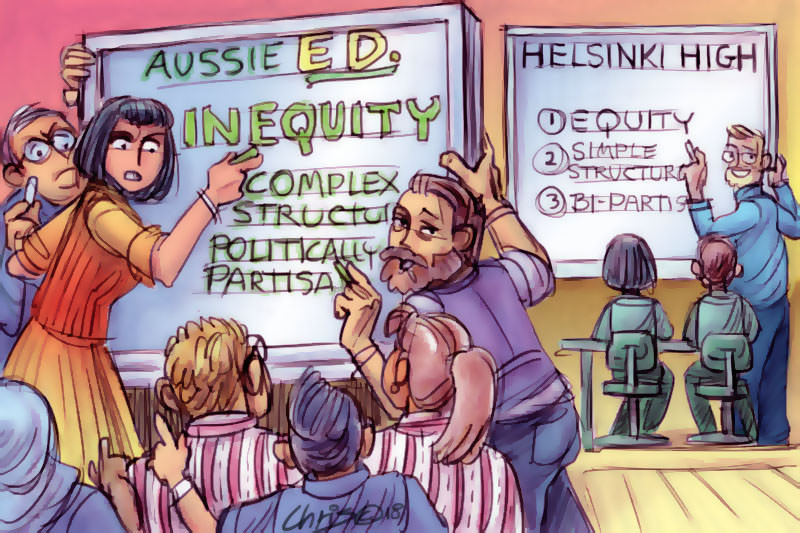
EDUCATION
- Pauline Griffiths
- 26 October 2018
10 Comments
Are we clever enough in Australia to reduce the inequity in our schooling in order to help our moderate voters develop a strong narrative of sensible sharing to shape our future? Or, will the inequities in our schools contribute to ever-deepening divisions?
READ MORE 
-
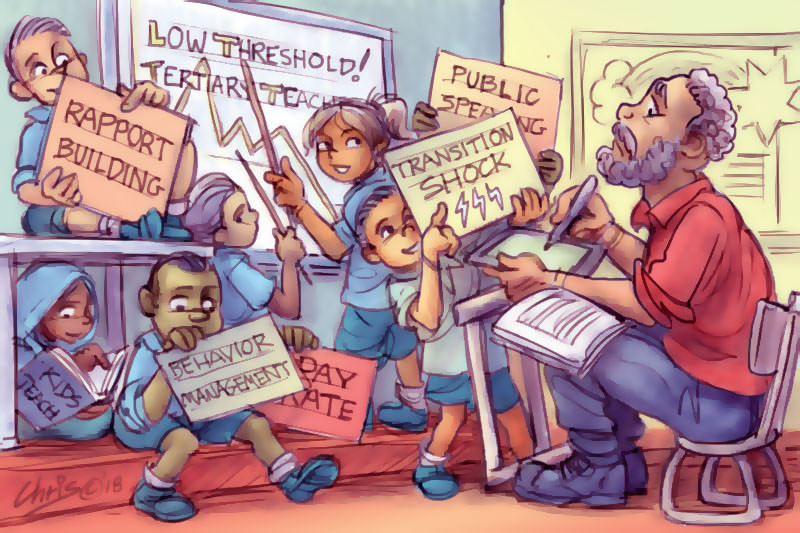
EDUCATION
- Tim Hutton
- 12 October 2018
8 Comments
Data published by the ABC has revealed the shockingly low threshold for entry into tertiary teaching programs. On one hand, there are some legitimate concerns here. But the problem isn't with who gets accepted to university; it's with what happens to them while they are there.
READ MORE 
-
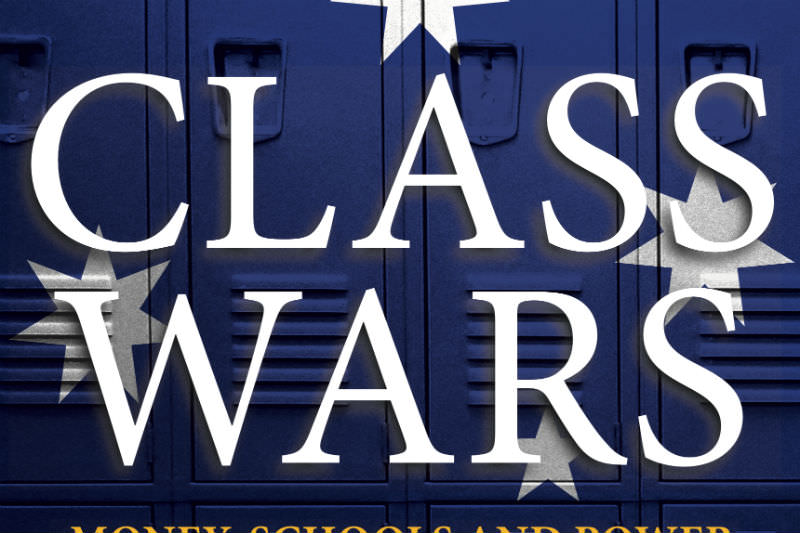
EDUCATION
- Andrew Hamilton
- 06 June 2018
16 Comments
Tony Taylor's study of the funding of Australian schools from the time when Menzies first aided Catholic schools until today explains how school funding has come to pose such an intractable problem for governments. It is also a lament for so many lost opportunities to build an educational framework that would open opportunity to all.
READ MORE 
-

EDUCATION
- Fatima Measham
- 10 May 2018
8 Comments
For the past several years, education has been treated as solely a technical problem. One of the pitfalls of this is that political will becomes a function of money, which in turn rests on political expedience between federal and state governments, further complicated by external lobbying. Education gets ground to a grain.
READ MORE 
-
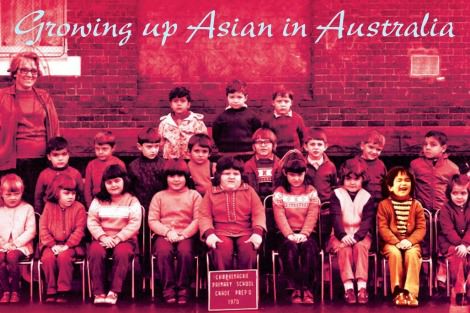
AUSTRALIA
I was told in grade nine I shouldn't bother trying out for the lead of our school play, The Wizard of Oz, because there's no way Dorothy would be Asian. Though I had no intention of trying out for the play, the fact that she told me not to bother made me arc up. The reason she gave - my incongruous Asianness - made me feel angry and ashamed. Angry because it was stupid and unfair. Ashamed because it felt somehow like it was my fault for not being white enough.
READ MORE 
-
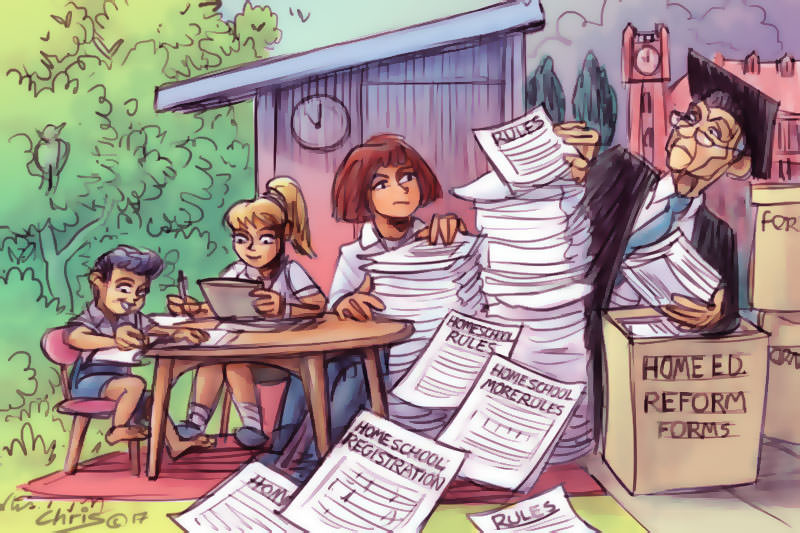
EDUCATION
- Kate Moriarty
- 01 May 2017
16 Comments
I decided to homeschool for one year, to give my daughter a chance to recover and to build her confidence. I never expected to fall in love with the lifestyle. Twelve months later, I gave in to my younger son's entreaties and began homeschooling him as well - just for one more year. In Victoria, the registration process is simple and straightforward. It is not surprising, then, that Victoria has the highest number of registered homeschoolers. But this may soon change.
READ MORE 
-
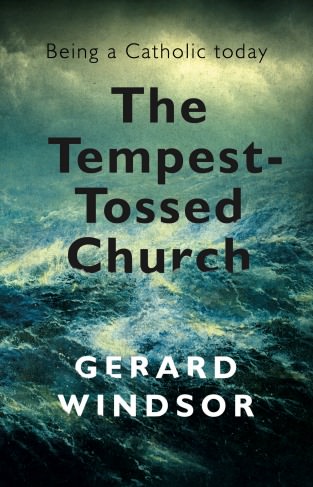
RELIGION
- Andrew Hamilton
- 29 March 2017
29 Comments
The Tempest Tossed Church will invite some Catholics to ask how they should visualise and plan for the future of the church. The Catholic challenge will be to shape pockets in which religiously literate and radical communities are formed around the symbols of faith. Its contribution to a more humane society will be made by joining other small groups in keeping alive the sense of 'something more' and by passing on the craft of finding the words, symbols and silences that catch it.
READ MORE 
-

ECONOMICS
- Rachel Kurzyp
- 16 December 2016
8 Comments
Studies have found that in Australia, groups with the poorest financial awareness and skills are those under 25, those with no formal post-secondary education, those on low incomes and working 'blue collar occupations', and women. While it makes sense to provide these groups with financial information on home loans and super, this wouldn't have helped my mother when she had to decide between, say, buying groceries for the week or getting the car serviced.
READ MORE 
-
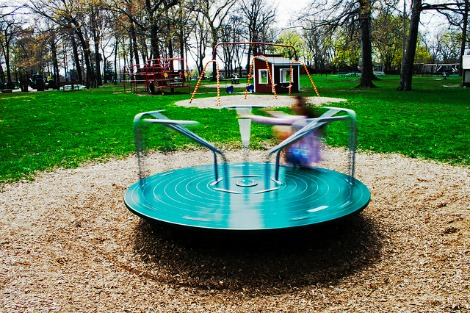
INTERNATIONAL
- Catherine Marshall
- 23 October 2015
15 Comments
Sissies are on their way out on British playgrounds. Guidelines produced by the Institute of Physics for the Department of Education recommend that teachers strongly discourage sexist language at school. While internet forums are replete with admonitions from members of the public furious at the erosion of so-called free speech, the guidelines are a welcome tool in the long and exhausting fight for female equality, and Australia would do well to consider adopting such procedures too.
READ MORE 
-

- Jenny Te Paa
- 09 October 2015
16 Comments
Thank you Francis, for although you have not spoken at any length about theological education per se — any more than you have spoken about the status of women per se — in spite of these somewhat startling omissions, this indigenous lay woman theological educator feels no less inspired, comforted, reassured, blessed, beyond imagining by your gentle, wise, insistent and prophetic urgings.
READ MORE
-
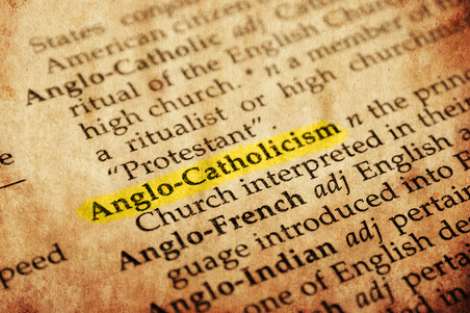
RELIGION
- Kevin Donnelly
- 31 August 2015
23 Comments
Various state based legislation argues that education in government schools should be secular in nature, but it does not rule out a place for religion in the general curriculum. To argue that religions should have a greater place in the school curriculum is not to proselytise. Rather it is to recognise that, while we are a secular society, students need to encounter a more transcendent sense of life that incorporates a strong moral, spiritual and ethical dimension.
READ MORE 
-

AUSTRALIA
- Andrew Hamilton
- 28 May 2015
7 Comments
Tony Abbott's evocation of 'the tyranny of low expectations' invites more general reflection on education and public life. I believe that the Australian approach to education does indeed impose a tyranny of low expectations in the sense that the expectations are defined by economic achievement and its attendant wealth and status, and the goal for schools is success in enabling students to participate economically.
READ MORE 